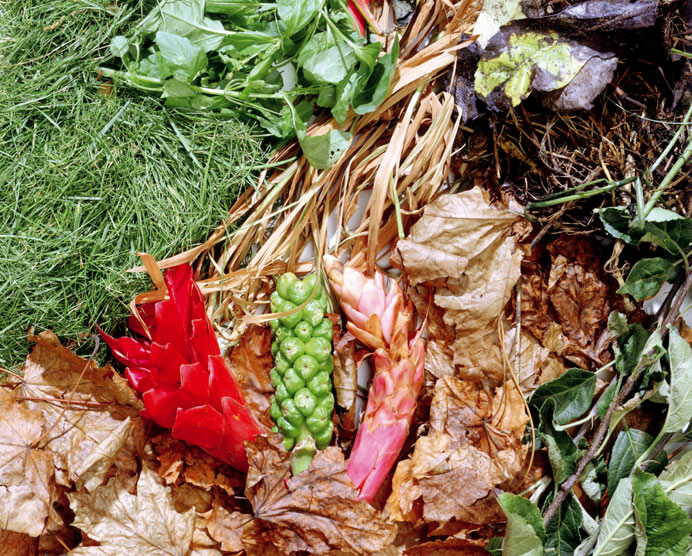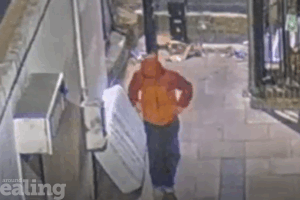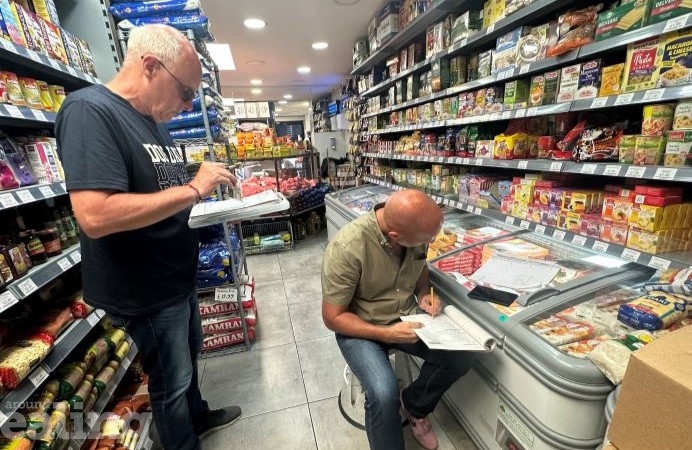Composting is nature’s way of recycling. Not only does it get rid of unwanted waste, but at the end of the process gardeners also get a handy self-made product to help their plants grow.
Because it is so packed full of nutrients, compost can be used to feed plants, improve soil texture and help your garden retain moisture in dry weather conditions.

You can make compost in your garden by using a discounted compost bin or a wormery. Compost bins are priced from £17.98 for Ealing residents from www.ealing.getcomposting.com
The bin is delivered to your home and comes with a handy guide on how to use it.
You might be surprised by just how many items you can compost. As well as garden waste and uncooked food waste, you can compost shredded cardboard, paper and newspaper – and a lot more.
At least 30% of the average household bin can be composted. There are many everyday waste items from your home and garden that can be added.
MORE ABOUT COMPOST
Compost is produced by alternating layers of some of the materials listed above. A mix of ‘greens’ and ‘browns’ is important in creating an effective end product to use on your garden. Try and aim for a half-and-half mixture of greens and browns:
GREENS
- Fruit and vegetable peelings
- Tea bags, coffee grounds and filter paper
- Grass cuttings
- Old flowers
- Nettles
- Vacuum cleaner dust
- Tissues and paper napkins
BROWNS
- Egg shells and boxes
- Newspaper and cardboard (scrunched up)
- Garden prunings and leaves
- Shredded confidential documents
- Bedding from vegetarian pets (e.g. hamsters)
The green items contain bacteria that generate the initial heat required to start things breaking down. Mixing in some brown items will prevent the contents from becoming too sludgy and smelly.
More advice on how to get started can be found at www.ealing.gov.uk/recycling







